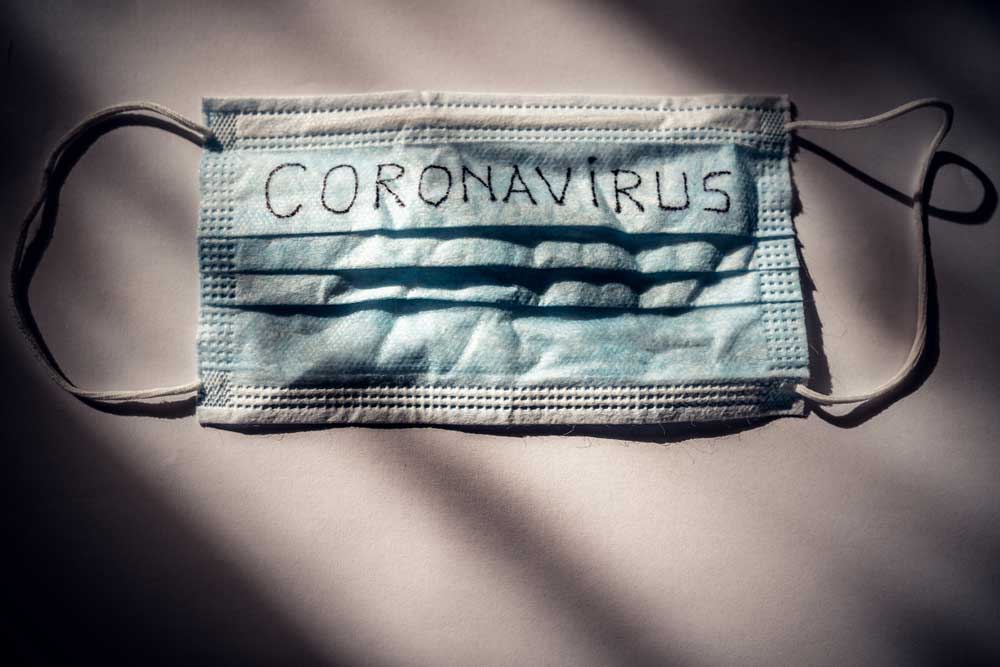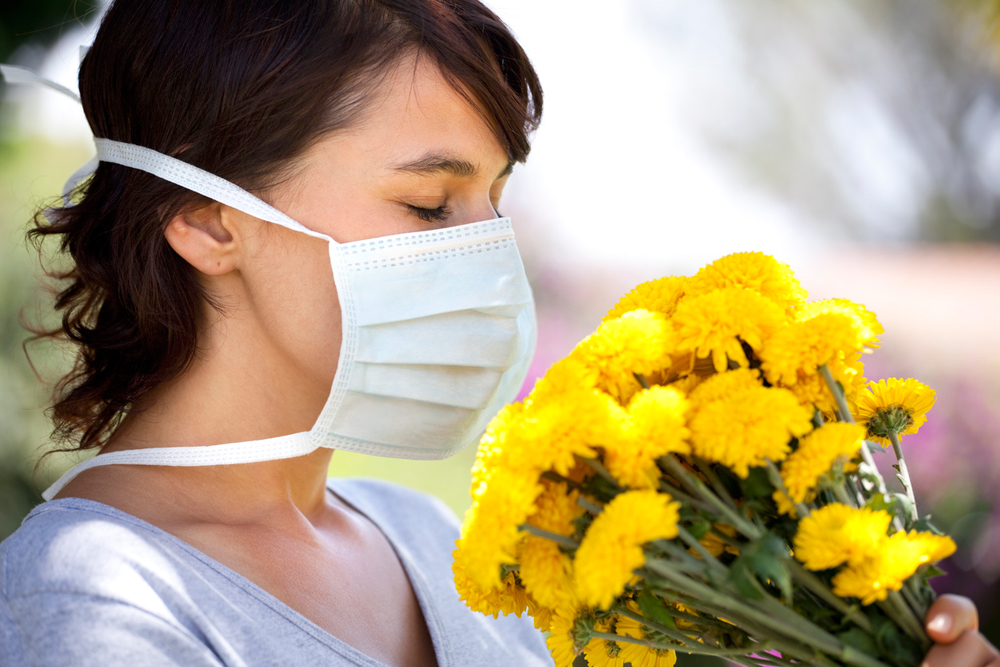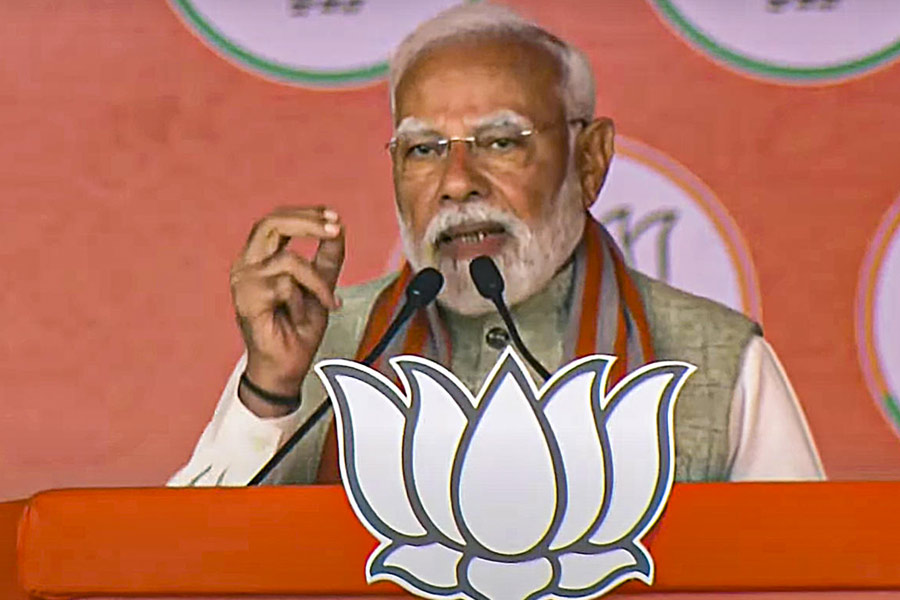A top Indian government science office on Tuesday urged all people to wear homemade masks to curb the spread of the novel coronavirus, diverging from a Union health ministry advisory that says masks do not provide benefits to healthy persons.
The Office of the Principal Scientific Adviser to the government released a 16-page “do-it-yourself” picture manual with instructions to make reusable masks at home by stitching together thin strips and patches of cotton by hand or a sewing machine.
The manual has cited a September 2018 American study that modelled the transmission of the influenza virus and suggested that adoption of masks by 80 per cent of the population can “eliminate” an outbreak. It also cited a US study earlier this year that found that the coronavirus had been detected in aerosol for up to three hours and on various surfaces up to three days.
“Masks are of particular value where proximity cannot be avoided such as in crowded homes,” said K. VijayRaghavan, principal scientific adviser. “Every form of care has value and no one form is sufficient by itself. The relative value of masks depends on your surroundings.”
The criteria for the designs of the homemade masks are “ease of access to materials, ease of making at home, ease of reuse”, the PSA office said. “Masks are especially recommended for people living in densely populated areas across India.”
The manual has cited scientific studies that suggest that a double layer of 100 per cent cotton cloth is about 70 per cent effective as a surgical mask at capturing small particles — up to five times smaller than the coronavirus.
“This material is breathable, it is easy to find around the house, the masks can be easily reused,” it said. Any cotton cloth, including an old cotton vest or T-shirt, could be used to make the mask. The fabric needs to be washed in boiling, salt-laced water for five minutes and dried before making the mask.
The picture manual has diagrams and instructions on how to stitch strips and patches of the cotton fabric into a mask with a sewing machine or by hand. The homemade masks would need to be washed in hot or boiling water and dried in the sun or with an iron before reuse.
The manual’s recommendations for population-wide use of masks appear to diverge from the health ministry’s guidelines for the public that say people who do not have respiratory symptoms do not need to wear medical masks.
“There is no scientific evidence to show health benefit of using masks for non-sick persons in the community,” said the health ministry’s guidelines posted on March 11. “In fact erroneous use of masks or continuous use of disposable masks for longer than six hours or repeated use of masks may actually increase the risk of getting an infection.”
A senior health ministry official, asked about the PSA’s initiative on homemade masks, said the World Health Organization had not given any categorical opinion on the use of homemade masks.
Health officials also asserted that masks cannot substitute for other preventive measures such as social-distancing, hand-washing and respiratory etiquette.
“However, in view of the fact that there might be a need to have masks available, the whole issue is being technically examined by the health ministry and suitable guidance will be issued soon,” the official said.
The American study by researchers with the US Food and Drug Administration had tried to estimate the effectiveness of different types of protective equipment in reducing the rate of infection during an influenza outbreak.
It had found that an 80 per cent mask compliance rate “essentially eliminated the influenza outbreak”.












